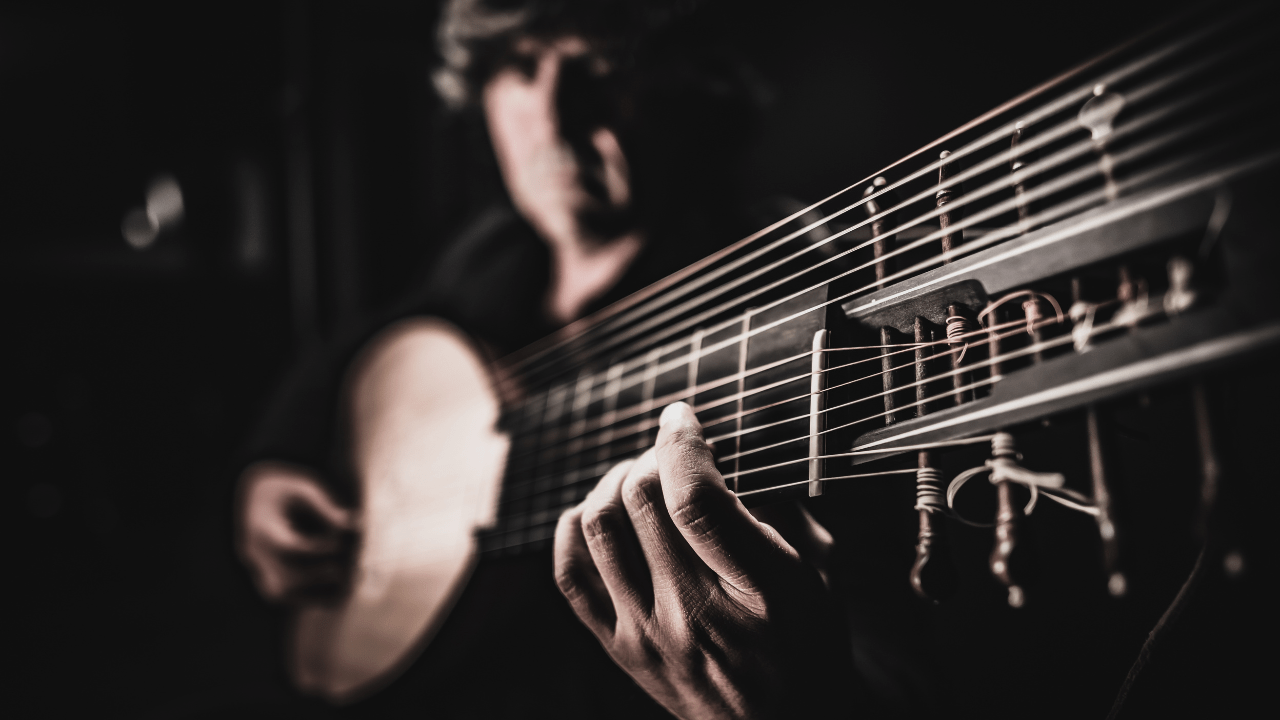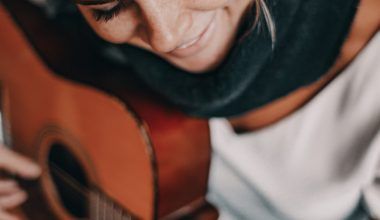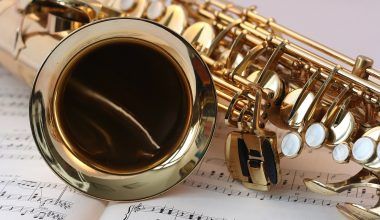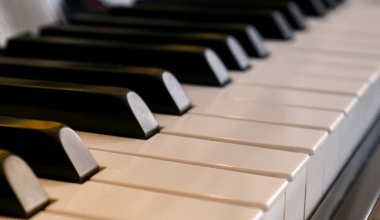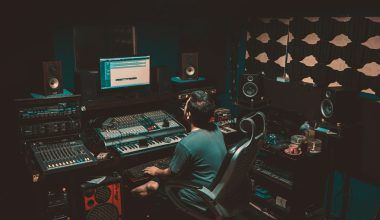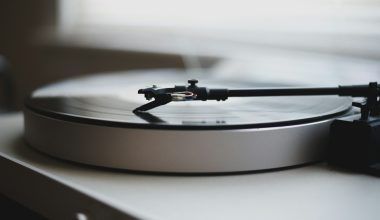A jam session is like a fun party for musicians. It’s when a group of people comes together to play music without any strict rules or plans. You don’t need a stage, fancy lights, or even a big audience. All you need are instruments, some creativity, and the love for music.(jam session meaning)
Jam session meaning is simple: it’s about enjoying music, creating something new on the spot, and having a great time with others. Musicians play freely, improvise, and let their ideas flow. Think of it like a musical conversation—everyone gets a turn to speak through their instrument, and everyone listens too.
Let’s dive deeper to understand why jam sessions are so magical, how they started, and why they’re still loved by musicians everywhere.
Where Did Jam Sessions Come From?
Jam sessions have a cool history. They started in the jazz world in the early 1900s. After their shows, jazz musicians would meet in small clubs or at someone’s house. They’d play just for fun, testing out new ideas and seeing how far they could take their skills.
These sessions were not just about playing—they were about learning from each other. Young musicians could practice with the pros, and even the legends found inspiration from the energy of a group.
One famous place for jam sessions was Harlem, New York, in the 1930s. Great musicians like Louis Armstrong and Duke Ellington often joined these sessions, and their experiments shaped the jazz music we love today.(jam session meaning)
What Makes a Jam Session Special?
Jam sessions are different from regular performances. Here’s what makes them unique:
- No Pressure: You don’t have to worry about making mistakes. Jam sessions are all about trying new things and having fun.
- Everyone Can Join: Whether you’re a beginner or a professional, you can be part of a jam session. It’s a friendly space for everyone.
- Surprise Factor: Nobody knows how the music will turn out. Each jam session is different and full of surprises.
Why Do Musicians Love Jam Sessions?
Jam sessions are like playgrounds for musicians. Let’s explore why they’re so important:
1. They Boost Creativity
Musicians can try out new sounds, styles, and ideas. There’s no right or wrong—only endless possibilities.
2. They Build Confidence
If you’re shy about playing in front of others, jam sessions are a great way to break out of your shell. It’s a safe and encouraging environment.
3. They Improve Skills
During a jam session, you learn to listen carefully, follow others, and adapt quickly. These are skills that every musician needs.
4. They Create Bonds
Jam sessions are like social gatherings. You meet people who share your love for music, and these connections can lead to friendships and collaborations.
How Does a Jam Session Work?
If you’ve never been to a jam session, don’t worry—it’s easy to join in. Here’s how it usually goes:
- Pick a Song or Style: Someone starts by playing a tune, or the group decides on a genre, like blues or rock.
- Take Turns: Each musician gets a chance to shine, taking turns to play solos or lead the group.
- Follow the Flow: There are no strict rules. You just listen to each other and play along.
What Do You Need for a Jam Session?
You don’t need much to join a jam session. Here’s a quick checklist:
- An Instrument: Bring your guitar, keyboard, drumsticks, or any instrument you play. Even if you sing, you’re welcome!
- An Open Mind: Be ready to try new things and learn from others.
- A Friendly Attitude: Respect everyone’s ideas, whether they’re simple or complex.
Types of Jam Sessions
Not all jam sessions are the same. Here are some types you might come across:
- Jazz Jams: These are free-flowing and full of improvisation. Perfect for those who love experimenting.
- Rock or Blues Jams: These are more structured but still leave room for creativity.
- Cultural Jams: In Indian music, for example, jam sessions often explore classical ragas and rhythms.
- Virtual Jams: Thanks to the internet, musicians can now jam together online using apps like JamKazam or Zoom.
Tips to Make the Most of Your Jam Session
Whether you’re a first-timer or an experienced musician, these tips will help you enjoy jam sessions even more:
- Listen First: Before jumping in, listen to what others are playing.
- Keep It Simple: Start with something easy before trying complex solos.
- Be Open: Don’t worry if your ideas are different—diversity makes the session fun.
- Support Others: Clap, cheer, and encourage your fellow musicians.
Famous Jam Sessions That Changed Music
Some jam sessions have become legendary. Here are a few examples:
- The Million Dollar Quartet: In 1956, Elvis Presley, Johnny Cash, Jerry Lee Lewis, and Carl Perkins came together for an impromptu jam. It was magical!
- Woodstock 1969: Many performances at this iconic festival were born from jam sessions during rehearsals.
- B.B. King and Eric Clapton: These two legends often jammed together, creating timeless blues music.
How to Host Your Own Jam Session
Want to organize your own jam session? Here’s how:
- Invite Friends: Call up your musician friends and ask them to bring their instruments.
- Set Up a Space: Use a room, garage, or garden. Make sure there’s enough space for everyone.
- Have Snacks: Keep some food and drinks handy to keep the energy up.
- Record the Session: Use your phone or a simple recording device to capture the magic.
The Role of Technology in Jam Sessions
Today, technology makes jam sessions even more exciting. With apps and online platforms, you can jam with people from anywhere in the world. Imagine playing with a guitarist in Spain, a drummer in Japan, and a singer in India—all at the same time!
Platforms like Deliver My Tune also help musicians share their jam session recordings with the world. It’s a great way to build your fan base and showcase your talent.
Common Questions About Jam Sessions
1. Do I need to be an expert to join a jam session?
Not at all! Jam sessions are open to everyone, no matter your skill level.
2. What if I don’t know the song?
Just listen and join in when you feel comfortable. Improvisation is key.
3. Can I bring my own instrument?
Absolutely! Bringing your instrument makes it easier for you to play.
Why Everyone Should Try a Jam Session
You don’t have to be a professional to enjoy a jam session. Even if you’ve just started learning an instrument, jam sessions can:
- Make you feel more confident.
- Help you meet like-minded people.
- Teach you how to play with others.
Final Thoughts
The jam session meaning goes beyond just playing music. It’s about creativity, connection, and joy. Whether you’re a seasoned pro or just starting your musical journey, jam sessions are a fantastic way to grow as a musician and have a great time.
So, what are you waiting for? Grab your instrument, invite some friends, and start your own jam session. Let the music flow!
Related Articles:
For further reading, explore these related articles:
- How to Become a Successful Music Artist in India in 2024?
- Promo Cards on Spotify: A Game Changer for Artists
For additional resources on music marketing and distribution, visit Deliver My Tune.
